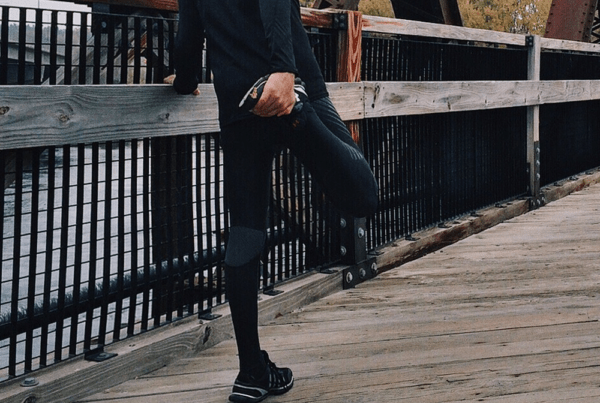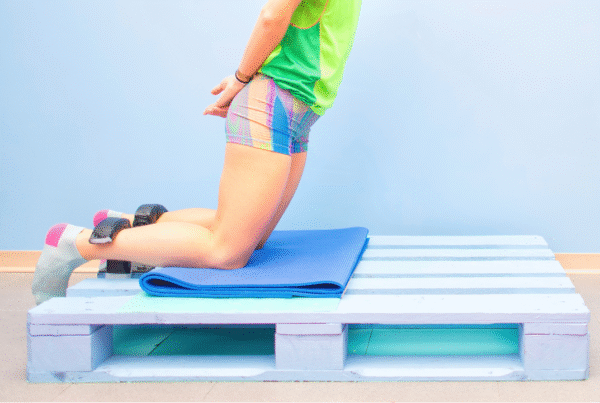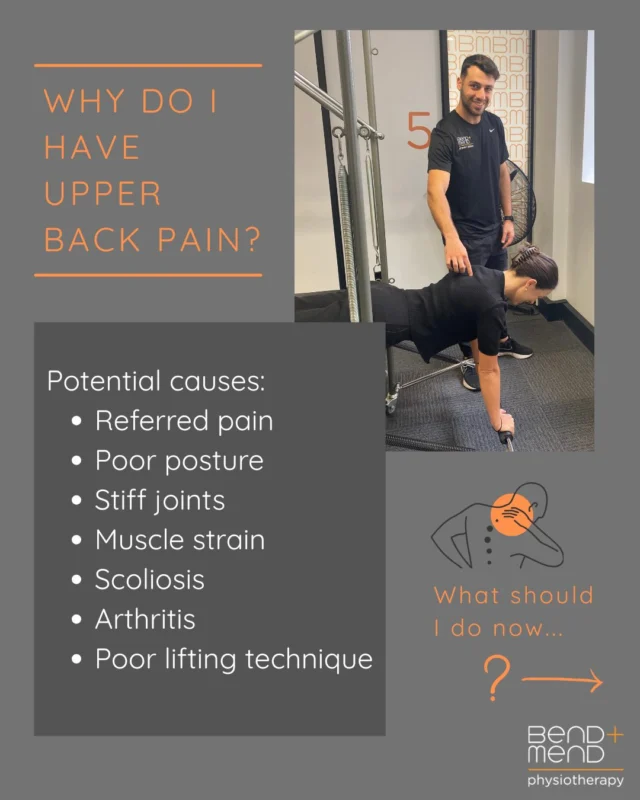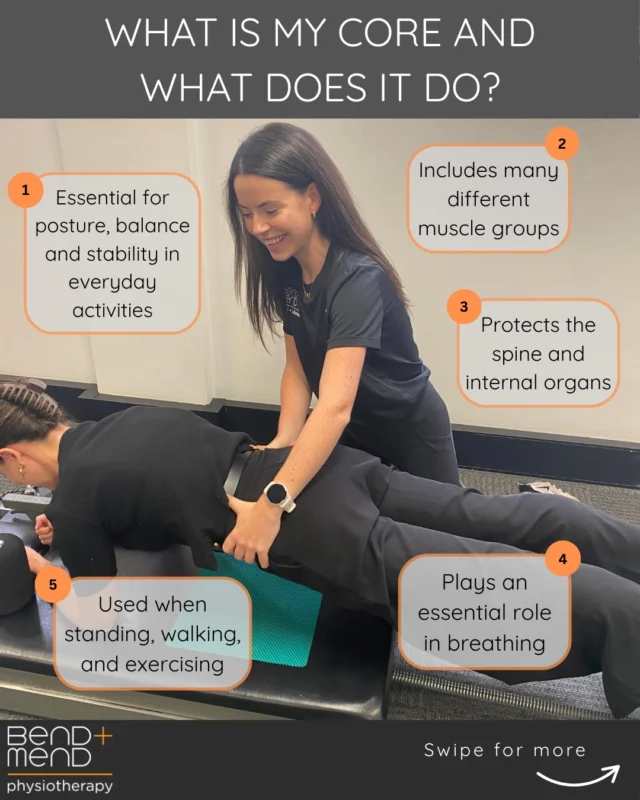This is an edited version of a media release written by Dr Mark Hancock, Professor of Physiotherapy, and Tash Pocovi, PhD candidate, Macquarie University who are currently running the WalkBack Trial looking into ways to prevent the recurrence of low back pain. Bend + Mend are involved in this study, proudly supporting it by providing clinical resources to help the authors run this trial.
If your low back is playing up during lockdown, you’re not alone. Low back pain is a common condition experienced by 80 per cent of people at least once in their lifetime. While most episodes settle relatively quickly, approximately 70 per cent of people will experience a recurrence over the next 12 months.
Exercise is a common way that people manage low back pain, and research shows that popular forms of exercise such as Pilates and yoga can be effective in managing and preventing low back pain. But with COVID-19 restrictions and a subsequent lockdown in place, what are some of the options available to us at this time?
Change positions often
Think about what postures you spend most of your day in, and what movements make your low back pain better or worse. If like most people you have a desk job and sit for long periods of time, make a plan to stand, stretch and have a quick walk regularly throughout the day. Some people find using an alarm that goes off every hour or two helps them to remember to change positions when they are focused on work or house duties.
Make exercise a part of your daily routine
Make an “appointment” with yourself to exercise daily: even consider blocking off time in your diary to ensure you make time for your physical and mental wellbeing. For example, you could set 10 to 10.30am as your time to go for a walk.
Researchers at Macquarie University are studying whether an individualised walking and education program may assist Australians with preventing low back pain (for more information visit the WalkBack Trial website).
Buddy up
Exercising can be more fun when you have company! Get accountable and ask your partner or family member to be your exercise buddy and you can do it together. If you live alone or cannot leave home due to social distancing restrictions, think creatively, perhaps exercise together over video conferencing platforms such as FaceTime or Zoom.
Get help if pain does not improve
Most back pain settles well and can be self-managed using simple strategies like those mentioned above. However, if you have ongoing pain then seek advice from a health practitioner. During the COVID-19 pandemic, Bend + Mend are offering telehealth sessions so that you can get assistance from the comfort and safety of your own home if you don’t want to visit the clinic in person. You may also be able to claim a Medicare rebate for up to five Physiotherapy sessions if your GP feels your needs fall under the Chronic Disease Management scheme.
We cannot stress enough the importance of trying to remain active during the lockdown for both your mental and physical wellbeing. Give it a go, your body might just thank you for it!






